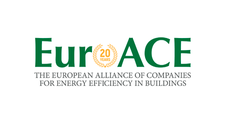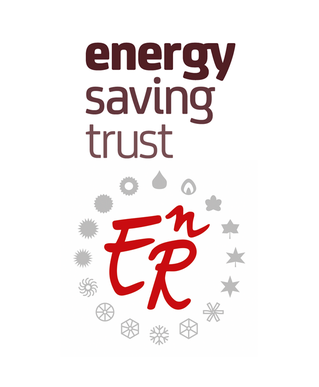Search eceee proceedings
Is 1+1 more than 2? The German-Japanese Energy Transition Council (GJETC), a role model for bi-national cooperation
Panel: 2. What's next in energy policy?
This is a peer-reviewed paper.
Authors:
Stefan Thomas, Wuppertal Institute for Climate Environment and Energy, Germany
Peter Hennicke, hennicke.consult, Germany
Naomi Gericke, Wuppertal Institut, Germany
Wilhelm Meemken, ECOS Consult, Germany
Johanna Schilling, ECOS Consult, Germany
Masakazu Toyoda, Institute of Energy Economics, Japan, Japan
Ichiro Kutani, Institute of Energy Economics, Japan, Japan
Hisashi Hoshi, Institute of Energy Economics, Japan, Japan
Abstract
In spite of differences in energy policies and supply, Japan and Germany have to master similar challenges: To reorganize the energy supply system towards—in the long term—being reliable, affordable, low in risks and resource use, and climate-neutral. At the same time, the ecological modernization should maintain or even strengthen international competitiveness. To better address these challenges, a bi-national expert council has been established between the two high-tech countries in 2016 – the GJETC.
The aim of the GJETC is to show that despite different starting points, a national energy transition can be more successful, if both countries learn from their strengths and also weaknesses, to avoid the latter. If the implementation of an energy transition in the two countries is socially and economically sound and advances technology innovation and deployment, it may not only double success, but can also serve as blue prints for other countries, especially due to learning from similarities and differences. For example: Why is per capita energy consumption higher in transport in Germany, but energy intensity higher in Japan’s building sector? How can variable renewable energies be integrated in an efficient energy system at lowest costs?
'The Council meets twice a year, holds stakeholder dialogues and outreach events, and prepares policy papers on strategic topics of mutual interest. Four comprehensive studies, each in cooperation of a German and a Japanese research institute, have been the basis for 15 joint key recommendations during the 1st phase.The 2nd phase to 2020 will study the role of hydrogen and digitalisation for the energy transition, as well as other topics.The paper presents the findings and recommendations of the GJETC of the first phase 2016-18 as well as first results of the second phase. It also reviews the setup of the GJETC and the way it works, to assess if and how it can serve as a role model of bilateral cooperation on the energy transition.
Downloads
Download this paper as pdf: 2-236-19_Thomas.pdf
Download display as pdf: 2-236-19_Thomas_display.pdf
Panels of
1. The dynamics of limiting (energy) consumption
2. What's next in energy policy?
4. Monitoring and evaluation for greater impact
5. Smart and sustainable communities
7. Make buildings policies great again
8. Buildings: technologies and systems beyond energy efficiency
9. Improving energy efficiency in ICT, appliances and products

























